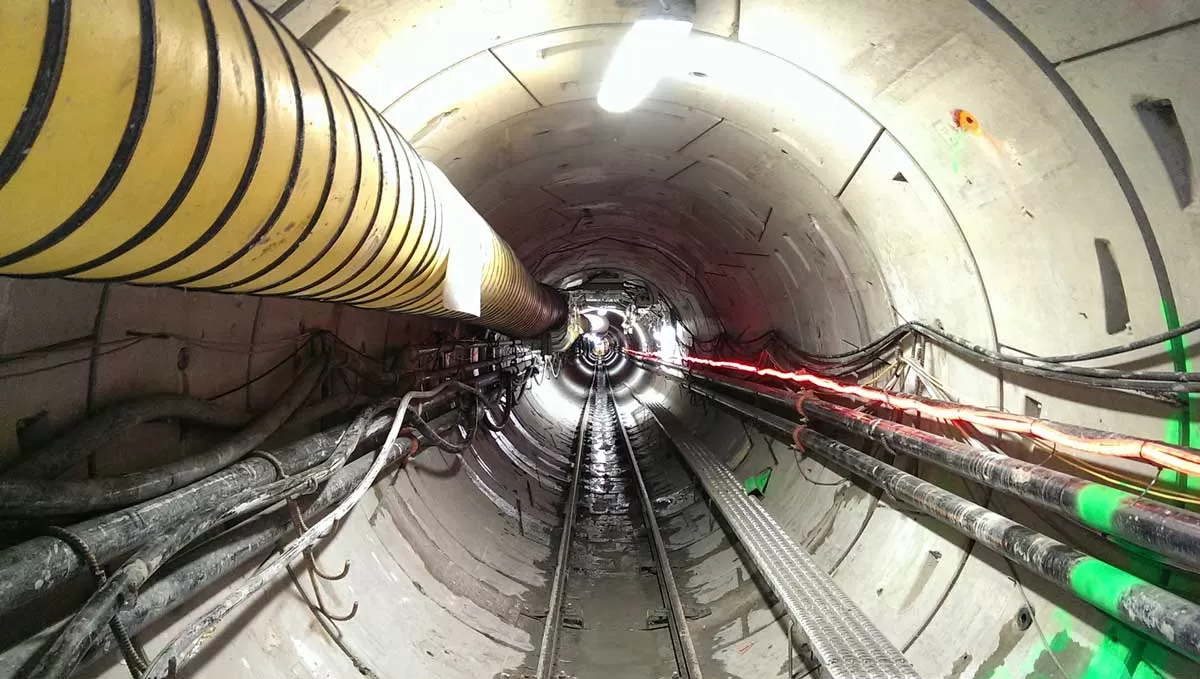
Banks Cautious with MSME Loans Amid NPA Rule Concerns
The 14th RAHSTA Expo, part of the India Construction Festival, will be held on October 9 and 10, 2024, at the Jio Convention Centre in Mumbai. For more details, visit: https://rahstaexpo.com


Singapore's CapitaLand Plans Major India Expansion
CapitaLand Investment Limited (CLI), one of Singapore's largest real estate investment managers, has announced plans to significantly expand its investments in India. The company aims to more than double its India portfolio by 2028, signaling its confidence in the country?s burgeoning real estate market. Current Portfolio and Growth Target: CLI currently manages assets worth USD 3.3 billion in India. With its sights set on future growth, the company is targeting a dramatic increase in its India investment kitty to over USD 7 billion by 2028. This move comes as part of a broader strategy to ca..

Air India MRO Facility Key Hub
Air India has launched a state-of-the-art Maintenance, Repair, and Overhaul (MRO) facility at Bengaluru Airport City, establishing a crucial hub for aircraft servicing in India?s burgeoning aviation sector. This new MRO facility aims to enhance Air India?s operational capabilities, improve turnaround times for aircraft maintenance, and reduce reliance on overseas servicing. Strategic Importance of Bengaluru: The facility, located at the Kempegowda International Airport (KIA) in Bengaluru, is strategically positioned to serve as a critical aviation hub. Bengaluru is a key center for both domest..

BMC Notifies Properties for Water Tunnel
The Brihanmumbai Municipal Corporation (BMC) has initiated a crucial step in Mumbai's infrastructure development by notifying several properties for its ambitious underground water tunnel project. This project aims to bolster the city's water supply system, ensuring a more reliable and efficient distribution network. Project Overview: The underground water tunnel project is designed to address Mumbai's increasing demand for water by creating a robust network of tunnels deep below the surface. This tunnel system will transport water from reservoirs directly to various parts of the city, signif..













